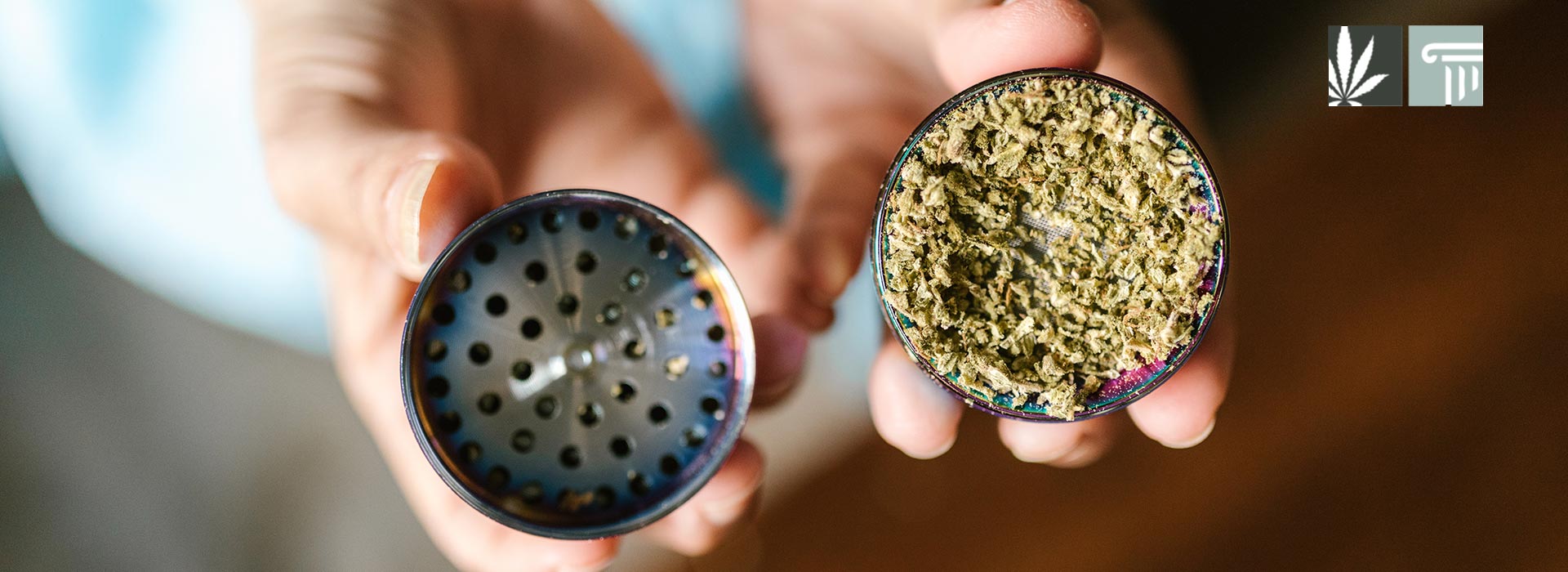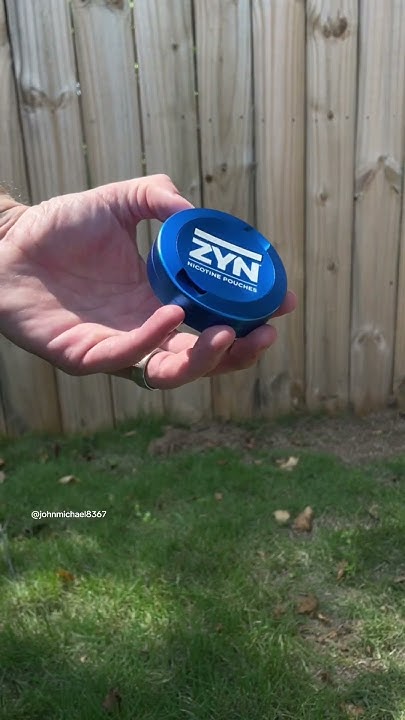Ounce Of Weed: Legal Limits Explained

The legalization of marijuana has led to a significant shift in the way we perceive and interact with cannabis. One of the most critical aspects of this shift is understanding the legal limits surrounding the possession and use of marijuana. In the United States, for example, the laws regarding marijuana vary from state to state, with some states allowing for recreational use and others only permitting medical use. When it comes to the question of how much marijuana is considered an ounce, the answer can have significant implications for individuals and businesses alike.
An ounce of weed, also known as 28 grams, is a common measurement used to quantify marijuana. However, the legal limits surrounding this amount vary greatly depending on the jurisdiction. In states where marijuana is legal for recreational use, such as Colorado and California, individuals are allowed to possess up to one ounce of marijuana for personal use. On the other hand, in states where marijuana is only legal for medical use, the possession limits are often stricter, and individuals may be required to have a medical marijuana card to possess even small amounts of cannabis.
Key Points
- The legal limits surrounding marijuana possession vary by state, with some states allowing for recreational use and others only permitting medical use.
- An ounce of weed, or 28 grams, is a common measurement used to quantify marijuana.
- In states where marijuana is legal for recreational use, individuals are often allowed to possess up to one ounce of marijuana for personal use.
- Medical marijuana laws and possession limits vary by state, and individuals may be required to have a medical marijuana card to possess even small amounts of cannabis.
- Understanding the legal limits surrounding marijuana possession is crucial for individuals and businesses to avoid legal repercussions.
Recreational Marijuana Laws

Recreational marijuana laws have been implemented in several states, allowing individuals to possess and use marijuana for personal enjoyment. In these states, the possession limits are often more lenient, and individuals are allowed to possess up to one ounce of marijuana. For example, in Colorado, individuals are allowed to possess up to one ounce of marijuana for personal use, and they are also allowed to grow up to six marijuana plants for personal use. Similarly, in California, individuals are allowed to possess up to one ounce of marijuana for personal use, and they are also allowed to grow up to six marijuana plants for personal use.
Medical Marijuana Laws
Medical marijuana laws, on the other hand, are often more restrictive, and individuals are required to have a medical marijuana card to possess even small amounts of cannabis. In states where medical marijuana is legal, the possession limits are often based on the individual’s medical needs, and they may be required to have a certain amount of marijuana to treat their condition. For example, in New York, individuals are allowed to possess up to a 30-day supply of medical marijuana, which is defined as up to 2.5 ounces of marijuana.
| State | Recreational Possession Limit | Medical Possession Limit |
|---|---|---|
| Colorado | Up to 1 ounce | Up to 2 ounces |
| California | Up to 1 ounce | Up to 8 ounces |
| New York | N/A | Up to 2.5 ounces (30-day supply) |

Consequences of Exceeding Possession Limits

Exceeding the possession limits for marijuana can have serious consequences, including fines, imprisonment, and a criminal record. In states where marijuana is legal for recreational use, exceeding the possession limit can result in a fine and/or imprisonment. For example, in Colorado, possessing more than one ounce of marijuana but less than two ounces can result in a fine of up to $100. On the other hand, in states where marijuana is only legal for medical use, exceeding the possession limit can result in more severe consequences, including imprisonment.
Importance of Understanding Legal Limits
Understanding the legal limits surrounding marijuana possession is crucial for individuals and businesses to avoid legal repercussions. It’s essential to be aware of the laws and regulations in your state, as well as the federal laws, to ensure that you are in compliance. Additionally, understanding the legal limits can help individuals and businesses to make informed decisions about their marijuana use and possession.
In conclusion, the legal limits surrounding marijuana possession vary greatly depending on the jurisdiction. It's essential to understand these limits to avoid legal repercussions and to make informed decisions about marijuana use and possession. By being aware of the laws and regulations in your state, as well as the federal laws, individuals and businesses can ensure that they are in compliance and can enjoy the benefits of marijuana while minimizing the risks.
What is the legal limit for possessing marijuana in my state?
+The legal limit for possessing marijuana varies by state. You can check the laws in your state to determine the possession limit.
Can I grow my own marijuana plants for personal use?
+Yes, in some states, you can grow your own marijuana plants for personal use. However, the number of plants you can grow and the possession limit vary by state.
What are the consequences of exceeding the possession limit for marijuana?
+The consequences of exceeding the possession limit for marijuana vary by state and can include fines, imprisonment, and a criminal record.
Is marijuana still a controlled substance under federal law?
+Yes, marijuana is still a controlled substance under federal law, despite being legalized in some states.
How can I stay informed about the laws and regulations surrounding marijuana possession?
+You can stay informed about the laws and regulations surrounding marijuana possession by checking the laws in your state and staying up-to-date on any changes to the laws.



